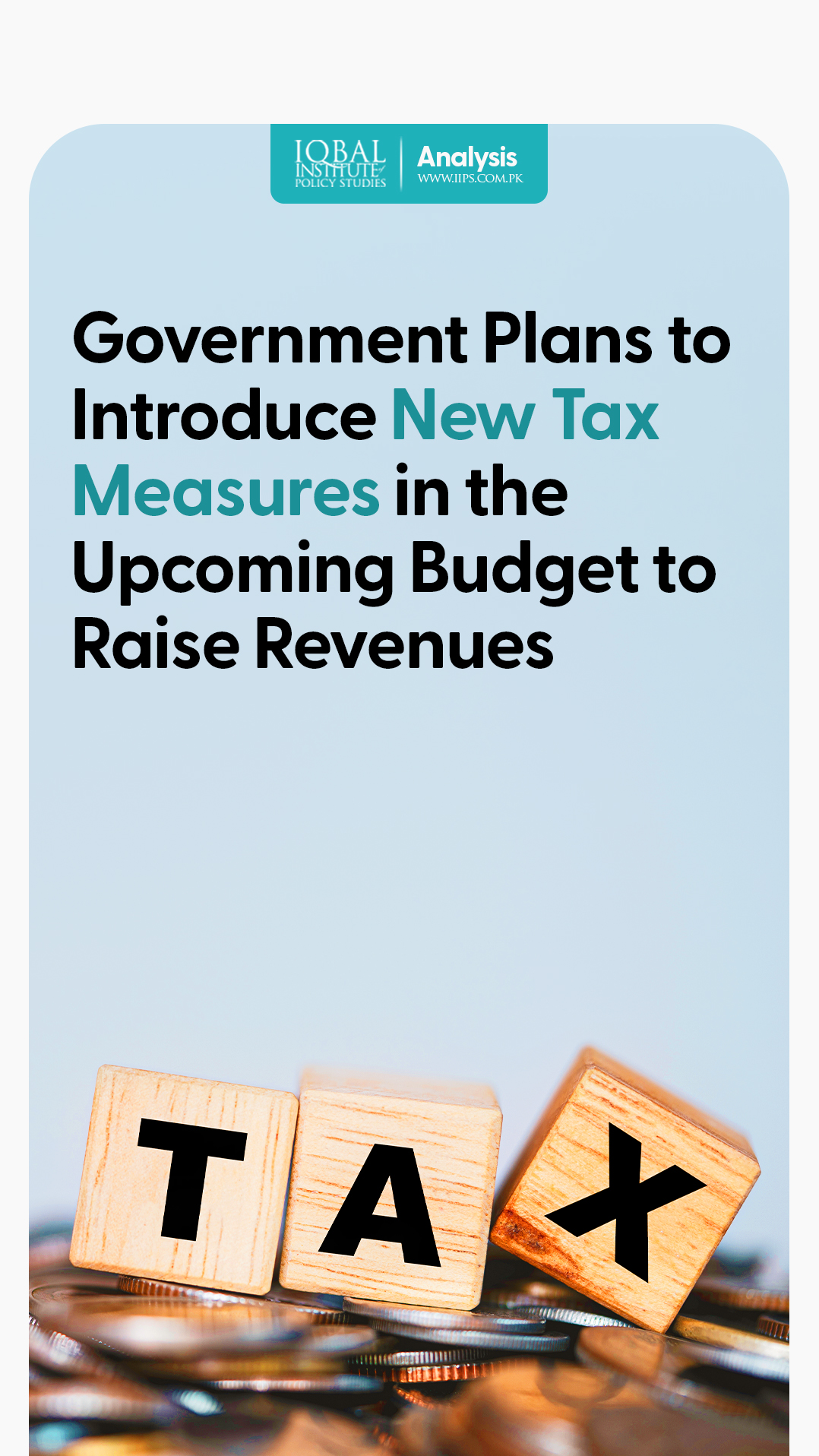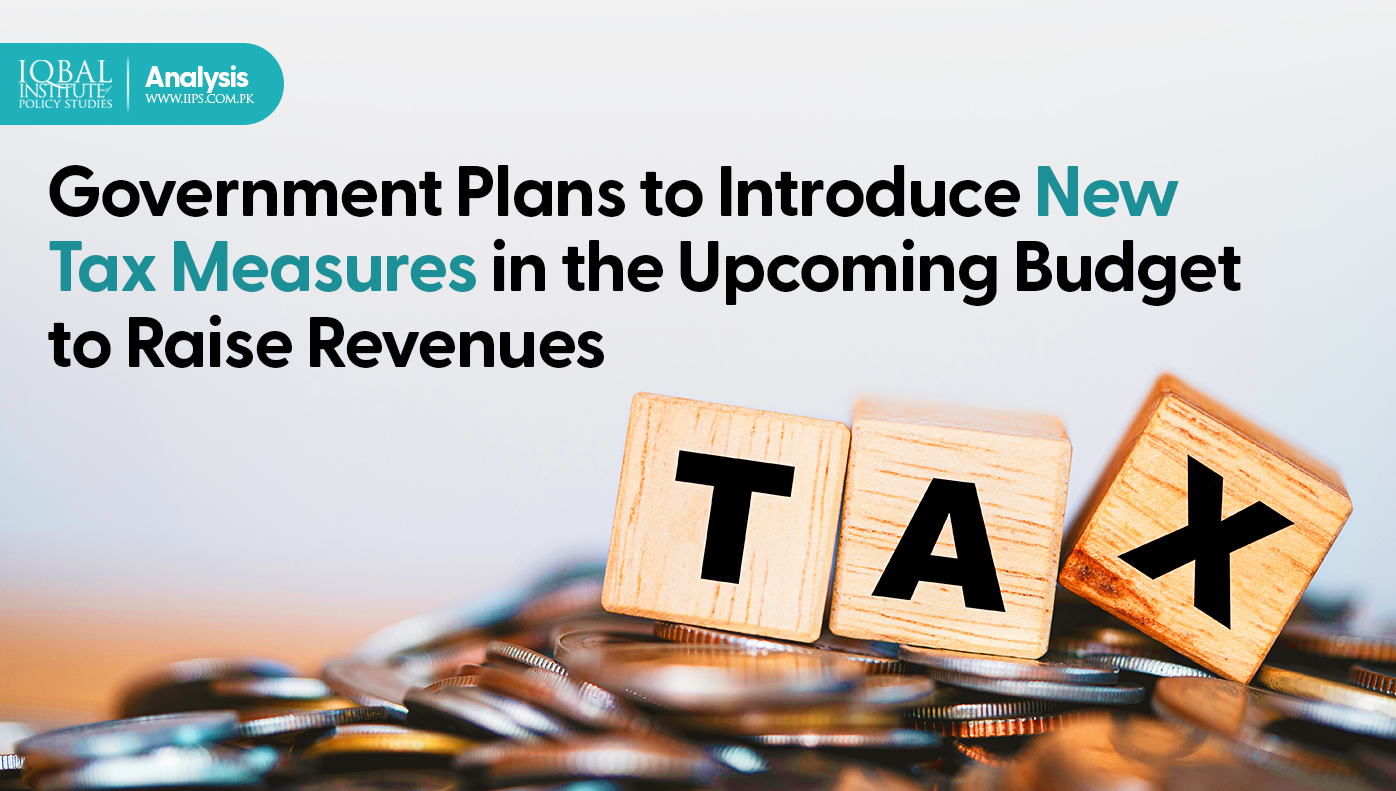Collecting taxes and fees is a fundamental development priority of a country. It generates public revenue that makes it possible to finance investments in human capital, infrastructure and the provision of services for citizens and businesses, as well as to set the right price incentives for sustainable private-sector investment.
Due to the country’s crippling economic crisis, the government has announced plans to introduce new tax measures in the upcoming budget to raise additional revenue of around Rs300 billion in 2022-23 (FY23). The government has directed the Federal Board of Revenue (FBR) to finalise new tax measures.
The proposed tax measures are:
Several slabs of the salaried class have been proposed to be reduced to six.
No change in the tax rates of the salaried class drawing salary up to Rs0.1 million.
A slight increase is expected for the salaried earners within the range of Rs0.1 million to Rs0.2 million per month.
Further rise in income tax rate is expected for the salaried individuals earning a salary above Rs0.2 million per month.
The time-bound levy or additional income tax is proposed to be levied on the annual profits earned by the steel, pharmaceutical, and other profit-making sectors.
Also, the minimum tax increased from two to six per cent on the import of edible oil in the budget (2022-23).
Finance Bill 2022 is expected to introduce a new concept of tax, i.e. Windfall Levy in the Income Tax Ordinance, 2001, for special taxation of the potential sectors making extraordinary profits but not depositing the due amount of taxes.
The proposal for a luxury income tax in the new tax measures is more likely to tax real estate, including big houses in posh areas, while also bringing owners of luxury vehicles into the ambit of this tax as part of the deal to revive the stalled International Monetary Fund programme (IMF). The government primarily focuses on direct taxation, especially taxing the income of the affluent class and avoiding taxing sectors or products that can affect poor people. Also, the government is planning to increase property valuation for taxes to bring them at par with market rates. In addition, according to the new tax measure, it became mandatory for real estate societies to submit the real-time withheld tax from buyers to the tax departments.
Furthermore, the authorities are planning to raise the rates of regulatory duties on the existing items on the Customs side to increase revenues and cut down import bills. Moreover, the FBR will collect the Windfall Levy from sectors earning extraordinary profits during the last few years. The Windfall Levy is a separate tax that will be collected along with the income tax deposited yearly.
However, the proposed tax measures will face significant opposition from elite quarters around the country, but this is a required step in the country’s interest at this point, and the progressive taxation model has proven to be a success in many parts of the world.



Leave a Reply